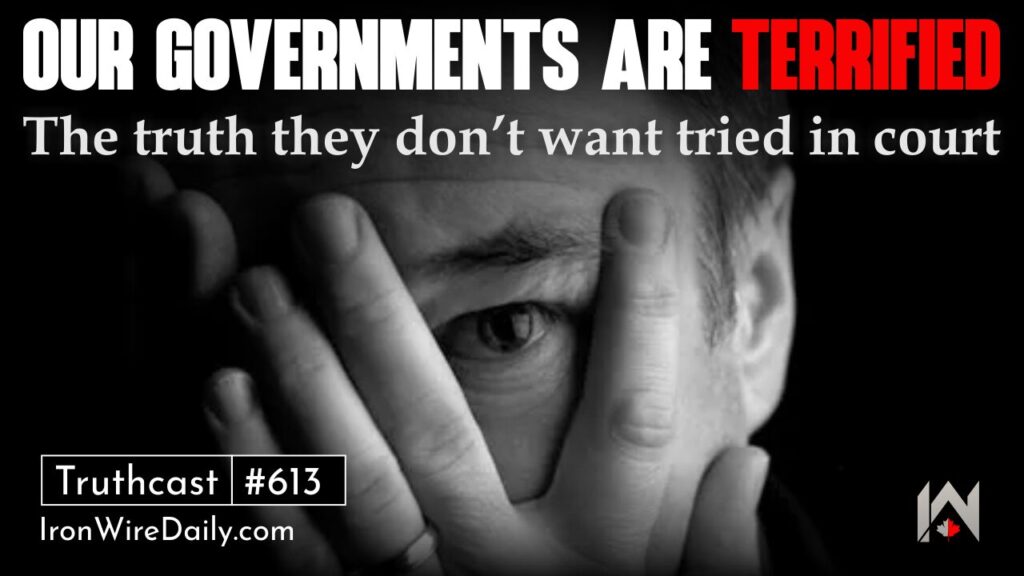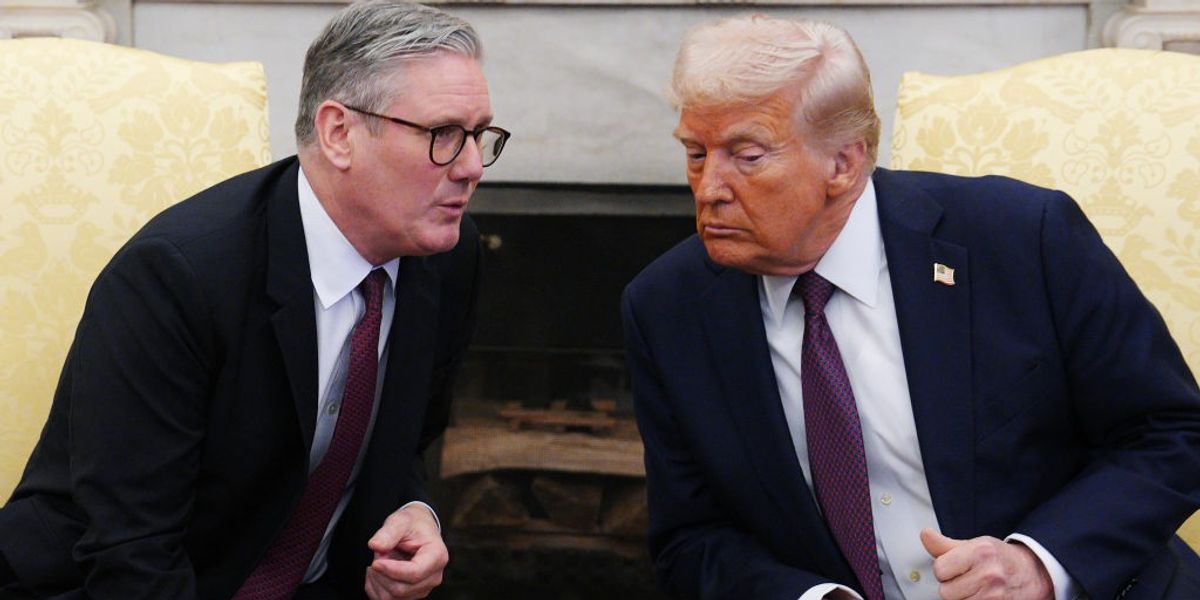Marine Le Pen is the Latest Victim of the Global Ban on the Right – The Daily Sceptic
Marine Le Pen, former chair of the French Right-populist Rassemblement National and the leading opposition politician in France, has been convicted by a Paris court of embezzling public funds. She has received a four-year prison sentence, two of which are suspended and two of which are to be served under house arrest with an ankle monitor. Le Pen will also have to pay a fine of €100,000, and she has been deprived of the right to run for political office for five years. Le Pen is leading the polls in the race to succeed Emanuel Macron in the coming 2027 presidential election, with the support of over one-third of the French electorate. With this sentence, the Paris criminal court hopes to remove the leading candidate from the race entirely. Le Pen can of course appeal, but her prospects are uncertain and a favourable ruling may be years away.
Le Pen was convicted alongside eight other members of the Rassemblement National/Front National and 12 parliamentary aides. She did not personally embezzle funds or enrich herself from EU coffers. Rather, prosecutors accuse her of directing aides to undertake work for her party while they were receiving salaries from the European Parliament. They claim this happened between 2004 and 2016, and that Le Pen and her associates misappropriated over €4 million in this way. While nobody doubts the substance of the accusations, what Le Pen did was far from unusual and the sentence just seems ridiculous to me. Many European parliamentary representatives have used staff paid from parliamentary budgets for party projects – including Franziska Brantner, the present Co-Chair of German Green Party. Until recently this was a common practice, and even now the distinction between party and parliamentary work is not always easy to maintain, and both routinely and deliberately blurred.
Le Pen is a complex political figure, and she has not always been an unvarnished force for good. Her campaign to normalise the Rassemblement National (known as ‘dédiabolisation‘, or ‘de-demonisation’) came at devastating cost to Alternative für Deutschland during last year’s European elections. In service of casting the Rassemblement National as something less than ‘far Right’, Le Pen and her party attacked the AfD for its rhetoric surrounding ‘remigration’ and even seized upon Maximilian Krah’s inept remarks about the Waffen-SS to kick the entire AfD delegation out of the Identity and Democracy faction of the European Parliament.
In the wake of these fireworks, some German commentators have suggested that the AfD undertake a de-demonisation campaign of its own, for example by distancing itself from nationalist AfD politicians like Björn Höcke. Le Pen’s fate shows that programmes of optical moderation and attempts to claim the political centre provide no salvation. The European political establishment only claims to be worried about ‘the extreme Right’; its true anxieties attach to its hold on power and nothing else.
Le Pen’s sentence confirms an ominous anti-democratic tactic emerging across Europe, namely attacks on the passive suffrage of opposition politicians. At the start of this month, the Central Election Bureau of Romania withdrew Călin Georgescu’s right to run for office there, months after Georgescu emerged as the frontrunner in the first round of the Presidential elections and the Romanian Constitutional Court annulled the vote. In Germany, schemes to attack passive suffrage have also been gaining ground, with the CDU and SPD openly planning to use this measure against anyone convicted more than once of the broad and ill-defined speech offence of ‘incitement’.
This is very bad, and I fear it is a symptom of something much worse.
Europe is entering a new political era and its rulership class is rapidly aligning itself around a new great cause. Why Europe even needs to have great causes is a powerful question, but since 1945 we cannot get away from them. The Cold War was a very long and a very great cause indeed. When that evaporated, we moved on to the next great cause, which was climatism. This achieved a dubious peak during Donald Trump’s first term and drew momentum from a performative moral one-upmanship directed against his administration. Now we are at the start of Trump’s second term, climatism is collapsing even more rapidly than I expected, and European politicians are taking up the fight against “the Right” instead. Climatism was yesterday, antifascism is today.
You will notice that each of these great causes is directed against an enemy. In the Cold War we hoped to defeat communism and the Warsaw Pact. Afterwards, our elites were free as never before to incorporate Leftist themes (the communist threat having vanished), and so they took up arms against standard socialist villains like the energetically loathed if relentlessly under-realised ‘capitalists’, who destroy the world with unchecked industrial production and who must be brought to heel by the regulatory state. I very much fear that the new villains of the antifascist programme are simply the people, who are destroying ‘democracy’ with their unchecked personal aspirations, prejudices and wayward beliefs. They will try to bring us to heel too, via what tactics we can only imagine.
This article originally appeared on Eugyppius’s Substack newsletter. You can subscribe here.















